Russia illegally detains ~20,000 Kremlin prisoners
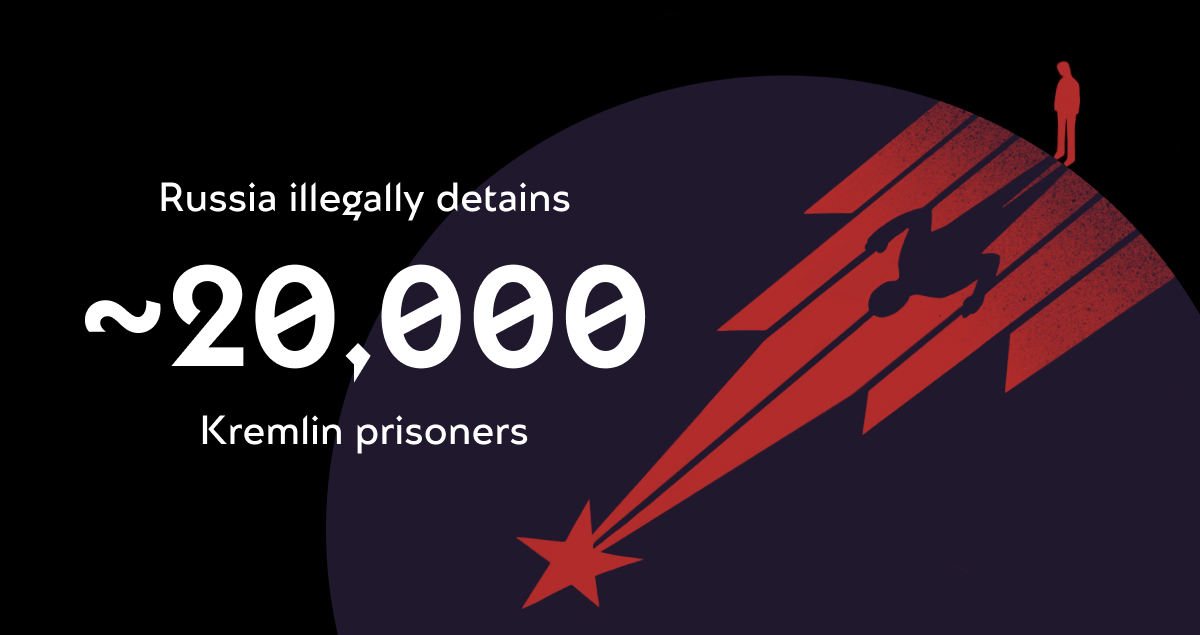
According to the Ukrainian Parliament Commissioner for Human Rights, Dmytro Lubinets, this is the number of civilians abducted by the Russian Federation.
During the full-scale invasion, the National Police began investigating the enforced disappearance of 8,800 people.
Russian Children's Ombudsman Maria Lvova-Belova claims Russia has illegally abducted over 700,000 children from Ukraine.
The Media Initiative for Human Rights has identified about a hundred places where abducted civilians are held.
The Mission of the President of Ukraine in the Autonomous Republic of Qırım confirms 182 illegally imprisoned Ukrainian citizens, 60% of whom are Qırımtatarlar.
During the full-scale war, 2,576 Ukrainian citizens were returned to Ukraine, including 144 civilians.
Russian security forces searched the house of the mother of Qırımtatar Kulamet Ibrahimov
On August 2, Russians came to conduct a search at the address where Ibrahimov is registered.
Crimean Solidarity reported it.
It will be recalled that Kulamet Ibrahimov is a journalist who covers human rights violations in the temporarily occupied Qırım. On July 27, he was detained near the building of the "Supreme Court" of the peninsula, where a hearing was held in the case of Nariman Dzhelial and the Akhtemov brothers.
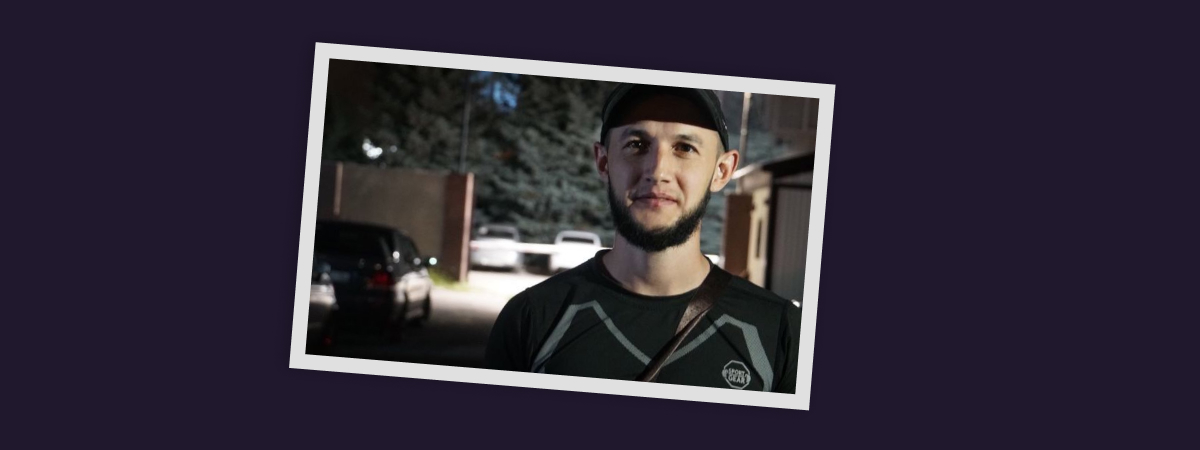
After that, the Russians imprisoned Ibrahimov for five days. On August 1, he was released.
The very next day, the security forces came to the Qırımtatar's mother's house and searched it, telling her that her son would have problems if he continued to report on the events on the peninsula.
The colony administration has been "punishing" prisoner Server Zekiryaiev for six months now
Russians keep him in cells under the most difficult conditions, although he did not violate the rules of the colony.
Crimean Solidarity reported this.
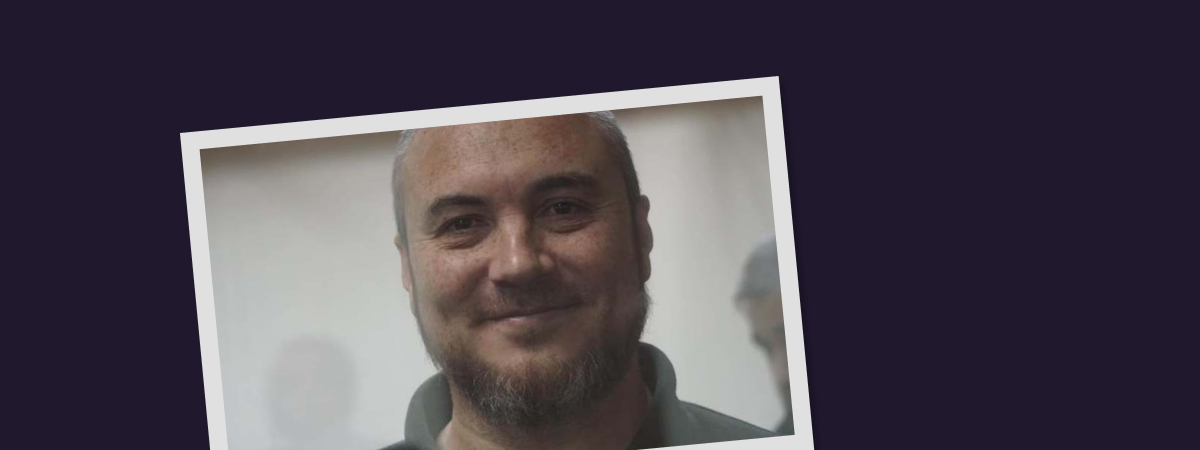
Since February, he has been held in solitary confinement cells — units of the colony with harsh conditions. He does not receive parcels and has almost no opportunity to communicate with his family. The security officers stated that Zekiryaiev would not return to the general cell until the end of his sentence. The reason is not the actions of the Qırımtatar, but the article under which he was convicted.
It will be recalled that the Qırımtatar has been in Russian captivity since 2017. In 2020, a Russian court sentenced him to 13 years in prison on fabricated terrorism charges.
Russians kidnapped Asan and Emine Zekeriaiev but later released them
On August 7, they were interrogated in the FSB building in temporarily occupied Aqmescit (Simferopol).
Crimean Solidarity reported this.
Asan Zekeriaiev was among the people who went to protest to the "court" in Aqmescit on January 25, 2023, to support the previously abducted Qırımtatarlar. The man was detained and arrested for 14 days.
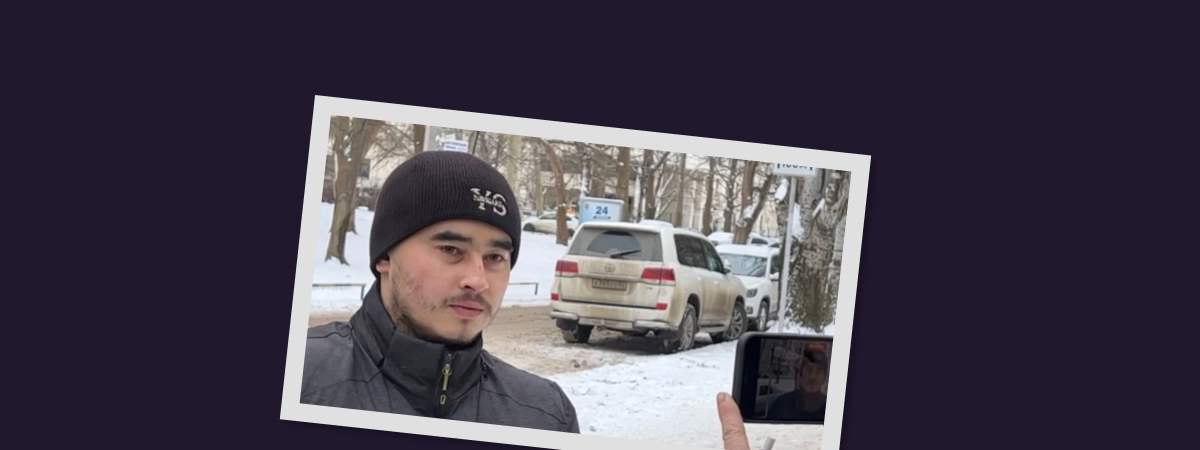
On August 7, the Russians came to Zekeriaiev's house in Eski Qırım (Staryi Krym) and searched it. After that, the security forces took him to Aqmescit. At the same time, the security forces came to the village of Yalan Tuş (Bratske), where his wife, Emine Zekeriaieva, was staying with relatives. They did not conduct a search there, but the woman was also taken to Aqmescit.
The Russians interrogated the couple and released them in the evening.
Prisoner Shtyblikov developed a rash on his face
Dmytro Shtyblikov does not receive medical care and does not know what caused the rash.
His daughter Tetiana reported this to the Association of Relatives of Political Prisoners of the Kremlin.
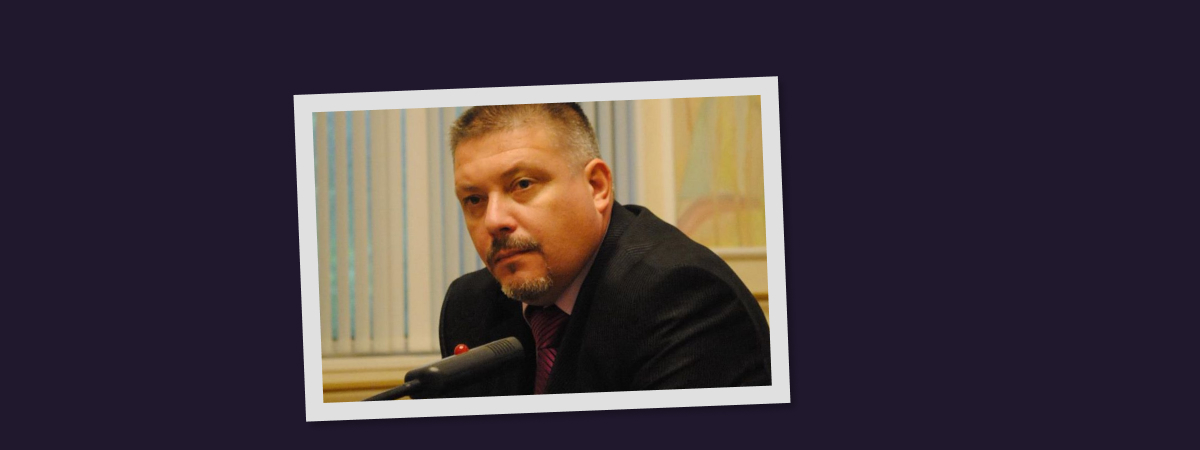
It will be recalled that Shtyblikov is a Qırım resident who served in the Ukrainian Armed Forces until 2003, and after that, worked as an international security expert. After the start of the temporary occupation, he remained on the peninsula.
In 2016, the Russians sentenced him to 5 years on fabricated charges of preparing sabotage. In 2021, Shtyblikov was sentenced again, this time to 19.5 years in prison for "espionage."
During his stay in the colony, the prisoner developed high blood pressure and, more recently, a painful rash on his face. The cause of both symptoms is unknown, but when the prisoner washes and wipes his face, there is blood on the towel.
In addition, even before his illegal detention, the man suffered from kidney stone disease. In the colony, he cannot follow a special diet and receives parcels with medication only twice a year.
He does not receive books at all. Shtyblikov is not allowed to use the radio or television, nor to call his family. Because of this, he receives almost no information from outside the colony.


